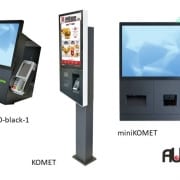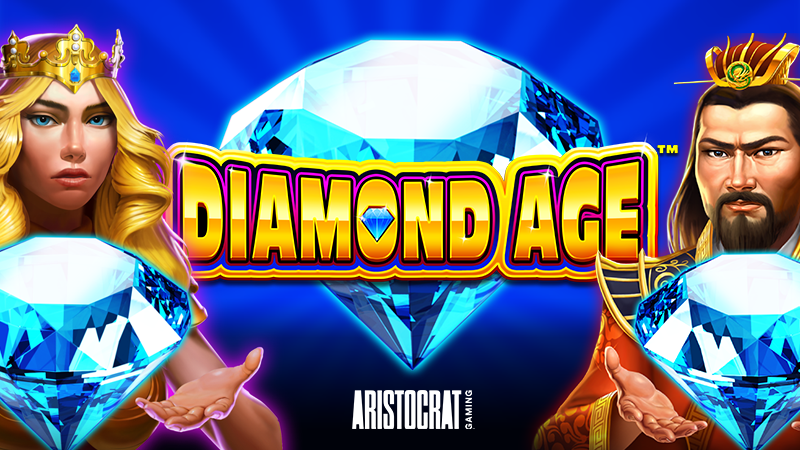WHY THE MILLENNIAL IS NOT YOUR CUSTOMER
Steve Gallaway explains in a Global Gaming Business Magazine article, why millennials are 20 years out from being valuable customers for your club or hotel gaming venue. Gallaway makes the case that one needs time and money to be a frequent gamer. The millennial simply lacks both.
“In order to be a frequent gamer, one must have both time and money…With no job and large debt loads, the millennial will not be the core gamer anytime soon.”
Most importantly, time and investment should be spent on how to entertain current customers and Gen X, not the millennial.
Gallaway’s article is just as pertinent to the Australian market as it is to the US. He also talks about ways to increase revenue and overall profit.
Steve Gallaway is Managing Partner at Global Market Advisors. His areas of expertise include gaming market assessments, hotel and casino feasibility studies, operational reviews and marketing analysis.
Click on this link to read the full article in Global Gaming Business or see below.
The Millennial Is Not Your Customer
By Steve Gallaway
Don’t spend another second focusing on this segment; concentrate on your own customers
Millennial has become the new buzzword and focus of the gaming industry and commerce as a whole.
What do millennials like? How do we design our product to attract millennials? Should we serve only organic food in our restaurants and provide beard trimmers in our bathrooms?
Some casinos believe that millennials prefer table games over slots. Or, for slots, millennials will like skill-based games, so money should be invested in skill-based pits. Despite many casinos trying to attract millennials, not one casino has succeeded in a meaningful way.
The reason is that millennials will not be valuable casino customers for another 20 years.
As gaming has expanded across North America over the past few decades, the same customer can be seen pounding away at the slot machine, and she is typically over 50 years old. He is often there as well, pounding away on those buttons or sitting at a nearby table.
When I lived in Las Vegas in grade school, my brothers and I would go to the Strip for a $1.99 all-you-can-eat buffet. We’d watch the “old men” (which was 45-60 to us) throwing dice and playing blackjack, and the older women playing slots.
When I lived in Atlantic City in middle school, 55-year-old ‘shoebies’ (a person who visits the beach for a day and reportedly carries their lunch in a shoebox) from Philadelphia and New York were sitting around slot machines, pounding away.
Shockingly, the exact same women and men that I saw in Vegas were now in Atlantic City playing the same games. In the 1990s, as gaming rapidly spread across the South and Midwest, those exact same players showed on up on the slot floors and at the tables.
In order to be a frequent gamer, one must have both time and money. When people start turning 50, their kids have often moved out of the house and the need to pay for summer camps, kid’s clothes, college tuitions, etc., has mostly ended. Combined with children moving out, these 50-plus individuals are enjoying the second half of their careers, where they are making more money than they did 20 years earlier. With the availability of time and money, many choose casino gaming as their preferred form of entertainment.
According to Merriam-Webster, the definition of a millennial is a person born in the 1980s or 1990s. As such, the oldest millennial is now 38 years old. People in their 20s and 30s are not a casino’s core customer, and they never will be. This is particularly true for millennials. In droves, millennials went to college with the promise of high-paying jobs when they graduated. As companies began to grow again, many U.S. tech jobs (the prime industry for millennials) were being replaced with computers or less expensive labour overseas. With no job and large debt loads, the millennial will not be the core gamer anytime soon.
Instead of attempting to understand the millennial to grow revenue, time should be spent on how to entertain current customers and the next generation of customers. The next generation of customers is my generation, Generation X, not the millennial.
To grow revenues, casinos need to focus on the player’s entertainment experience and how to improve each aspect if it. This experience includes the games played, time on device (read as “hold percentage”), the people who deliver the experience, and all other aspects, including the restaurants, bars, hotel, etc. Unfortunately, we as an industry have not generally improved this experience over the past few decades.
As manufacturers have been developing more and more penny games, and more recently, skill-based games, a large increase has been seen across the country in market-average hold percentages. People may not be able to feel a slot machine’s higher hold on a given day, but they do start noticing when their $100 is lasting two hours instead of three and a half hours. At the end of the year, the gamer notices they only have five W-2Gs from their jackpots won, instead of 15 like in prior years.
Payroll cuts and efficiencies directly impact the entertainment experience as well. As personnel were replaced with kiosks and other technologies, the number of floor servers was reduced and casinos found that they didn’t need as many techs on the floor. Players stopped seeing many of their friends at the casino. Those employees were the players’ social group.
As gamers’ friends disappeared, their money didn’t last as long, and with the price of their favourite buffet or bistro increasing, the entertainment experience quickly declined, and many found enjoyment in other forms of entertainment. To blame lacklustre gaming revenue on customers passing away or on casinos burning them out is simply wrong. While it is true that there is a given life cycle to any gaming customer, there is always another customer behind him that can be attracted to casino gaming if they are given the right product.
To increase revenue and overall profit, to grow the current customer base and attract future generations (including millennials), casinos must do what they do best: hospitality. Provide a gaming product that allows players more time on device. Be sensitive to providing customers with a personal touch and making them feel like they are with friends. Focus on providing quality food and great service at a facility-appropriate price.
Simply provide the best overall entertainment experience and the customers will follow.













